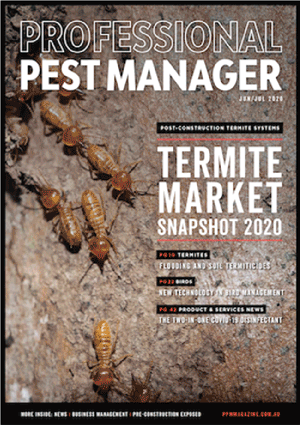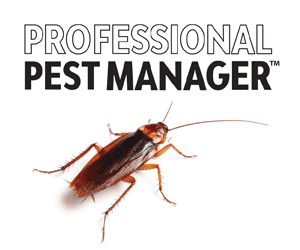What has Google told SEO managers about their focus in 2022? E-A-T, MUM and Core web vitals need to be at the fore front of considerations. Learn more…
Agencies offering SEO (search engine optimisation) services keep their fingers on the pulse of the online world, to pick up any hints of what Google has planned. SEO agencies are particularly interested in any updates to the Google algorithm, as this drives the ranking of websites on SERPs (search engine results pages). If you manage your own website and do your own SEO, you also need to keep up to date with these changes or risk getting left behind. Even though Google generally doesn’t let the industry know when it is going to do an update, or divulge the nature of the update, it does occasionally make announcements to give everyone the big picture. So, what do we know about what Google has planned for 2022?
Focus on E-A-T, MUM and Core Web Vitals
Google has confirmed that E-A-T, MUM and Core Web Vitals are the three key considerations for SEO managers.
E-A-T (Expertise, Authoritativeness and Trustworthiness)
E-A-T is not new; Google has been consistent in the last couple of years in highlighting that pages that exhibit high E-A-T values will be ranked higher. One aspect of trustworthiness is the quality of links. i.e. the quality of the other websites that are linked to your website. Google implemented a link spam update in the second half of 2021, and this will continue to penalise sites with spammy link profiles in 2022. Spammy links are from non-relevant, low quality websites – the sort of links that are easy to obtain or buy, the ones that dodgy SEO providers get to show you how ‘productive’ they have been. You need to target good quality, relevant incoming links as part of your link building activities, which means visitors will arrive at your site from a high quality website, enhancing the authority of your website.
Advanced AI learning to help Google understand search terms and content
“MUM is x1000 more powerful than BERT.” What are we talking about? BERT (bidirectional encoder representations for transformers, if you must know!) was a neural network-based technique launched by Google in 2019 to better understand search queries – to help computers understand language more like a human. MUM (multitask unified model) technology, is the latest AI technology to help Google understand more complex queries. It will also improve voice and visual search – both through Google lens, image recognition and even video content and improve how it deals with translations and misspelled words. Basically, Google is getting smarter, both in terms of understanding what people are looking for and also in understanding the content on your website. What this means, as Google has being saying for a while now, is that you should write your content with your reader in mind – don’t be too clever and don’t try to ‘trick’ Google.
Know and improve your core web vitals
Core Web Vitals are technical performance parameters that improve the page experience for visitors and will provide your site with better rankings.
There are three core web vitals:
- load speed
- interactivity
- visual stability.
This all gets a bit technical, but if you do your own SEO you need to dig deeper and understand this, but load speed is time to largest contentful paint (LCP); interactivity is the responsiveness of interactive elements on the page (such as buttons); and visual stability refers to the movement (stability) of elements on the page once they’ve loaded. Core Web Vitals was rolled out in 2021 for mobile and in 2022 it will be rolled out for Google’s desktop ranking systems.
What about Google ads?
For those of you using Google search ads, MUM impacts the design of your adverts. Optimising your written advertising copy for natural language search will become more important, especially as voice search continues to grow. The one area to keep a close eye on is the effectiveness of audience targeting – with increasing privacy concerns and the use of third party cookies being reduced or eliminated, it is likely that some of the audience-targeting opportunities will become more restricted or more inaccurate. This is likely to make certain adverts less efficient, and to compensate, leading marketeers are expecting to increase advertising spend to meet the same goals.
Never a dull moment in Google land!
Phil Ridley, Director, Bug Doctor Media



